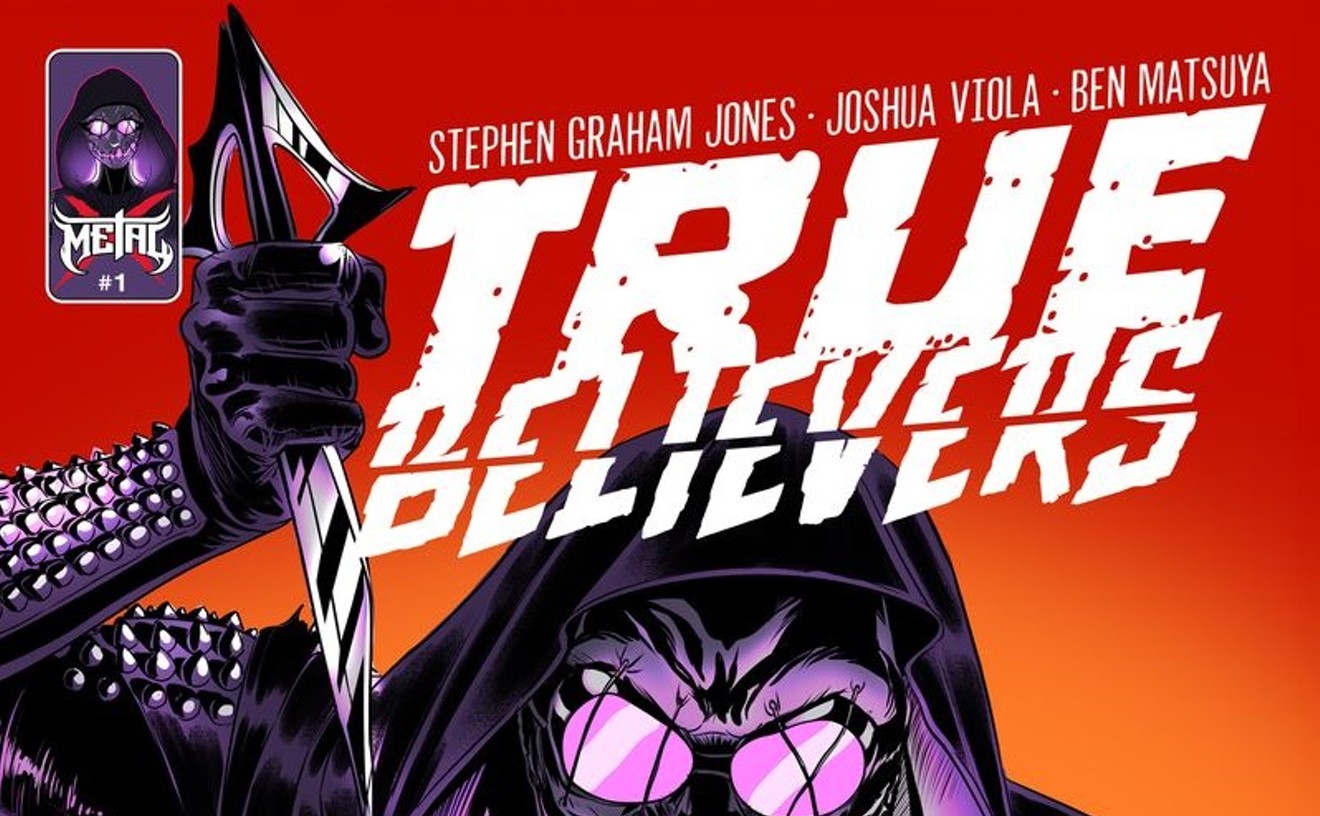These actors are hugely different in terms of style and approach, but they all have a quality that makes them worth watching. Nick Sugar's sexy, delicious, strutting quality has been on display in a number of epicene roles; at the other end of the spectrum is the subtle, shifting work of Mare Trevathan, whom we've seen far too infrequently in the last two years and whose performance as the title character in Caryl Churchill's The Skriker is branded indelibly on my memory. And then there's Annie Dwyer of Heritage Square Music Hall, who's currently electrifying audiences in Everything Old Is New Again.
I've tried to puzzle out just what qualities these performers have in common. There's no blueprint, but there are some basic and necessary criteria. The first is honesty, I think, followed quickly by humility. The actor has to put himself aside, in a way, so that he can fully become the character he plays. There's also self-knowledge: understanding who you are and how to use yourself in performance. Expressiveness, and a ready way of bridging the gap between impulse and action. Courage. Actors have to be willing to expose secrets, try things they've never done before, make fools of themselves. A writer can erase a clunky sentence; a painter can toss out a canvas. But the actor stands on stage, and if he forgets his lines, falls down or loses a piece of clothing, it will happen under the gaze of dozens of pairs of eyes. We all have occasional dreams about walking down the street naked or standing in front of a class and not knowing what we're supposed to be teaching. When actors have those dreams, they're spotlighted.
Dwyer is fearless. As everyone who's ever attended a Heritage Square performance knows, she likes to wade out into the audience and corral some poor man, tousling his hair, flirting, accusing him of jilting her, snarking off to his wife or girlfriend, sitting on his lap, leaving a sticky lipstick ring on his bald pate. Although this old trick should have lost its appeal by now, it hasn't, because she does it with the same glittering-eyed intensity every time. In Everything Old, Dwyer reprises another trick she hasn't used in a while, going from table to table, seizing patrons' drinks and sucking them greedily down. Beer, wine, rum, Scotch, it's all the same to her -- and at the end, she's still on her feet and as quick-witted as ever.
Dwyer is a force of nature on her own, but her longtime on-stage partnership with actor-director T.J. Mullin jacks up the humor several notches; his low-key, conversational style throws her lunacy into high relief. Until, that is, he decides to indulge in a little lunacy of his own, and then there's no knowing where things will go. And of course, none of this could work without the comic and musical talents, the impeccable timing, of other old-timers in the cast: Rory Pierce, drummer-actor Alex Crawford and pianist Randy Johnson, who also serves as musical director. Relative newcomer Kira Cauthorn is just getting into the swing of things, but she adds her share of charm and sass.
Everything Old Is New Again is a retrospective that takes us from the theater's early melodramas, when audiences were encouraged to hiss the villain and utter ecstatic "aaahhhs" whenever the heroine appeared, to the present repertoire, which features some original scripts, some scripts that are comic takes on classic stories, and the occasional musical mélange centered -- pretty casually -- on a particular theme or time period. The actors also discuss their personal histories, their interactions, the shows they've done together. Mullin remembers his audition for then-owner William Oakley; Alex Crawford explains that he was discovered by Mullin twenty years ago in St. Louis. The fourth wall is always permeable at the music hall, but in this show it has vanished completely. The actors talk to us quietly, as if they were sitting in our homes. And it feels right, because many in the audience have come to maturity with them, just as they've grown up together as artists and companions. They joke about getting "long in the tooth and wide in the belly," and the audience groans in recognition. This is a genuine effort to breach the divide separating performer from watcher.
These Heritage Square folks aren't big on dramatic structure; they utilize just enough of it to support the endless rounds of schtick and improvisation. Everything Old Is New Again sometimes has the meandering quality of a conversation, with its lack of drive and focus. I can't tell whether this would be puzzling or disconcerting to newcomers, or whether the show would serve as a particularly apt introduction to the company. At least a newcomer wouldn't notice the absence of Johnette Toye, who left last month after a decade at Heritage Square to attempt a career in film and other kinds of drama. In almost every production I've seen here, Toye had a jaw-dropping solo, and I missed her beautiful voice, playfulness, comic physicality and precision. When a group has worked together as long as this one has, the members develop an effortless synchronicity, with every word, breath and gesture perfectly timed. Without Toye, the balance felt just a little off.
Still, this production is buoyant with silliness and good humor, and every now and then -- as when Dwyer sings Tina Turner's "Proud Mary" or Mullin becomes Elvis -- it rips into the comic stratosphere and leaves you gape-mouthed, breathless, incredulous and ecstatic.











